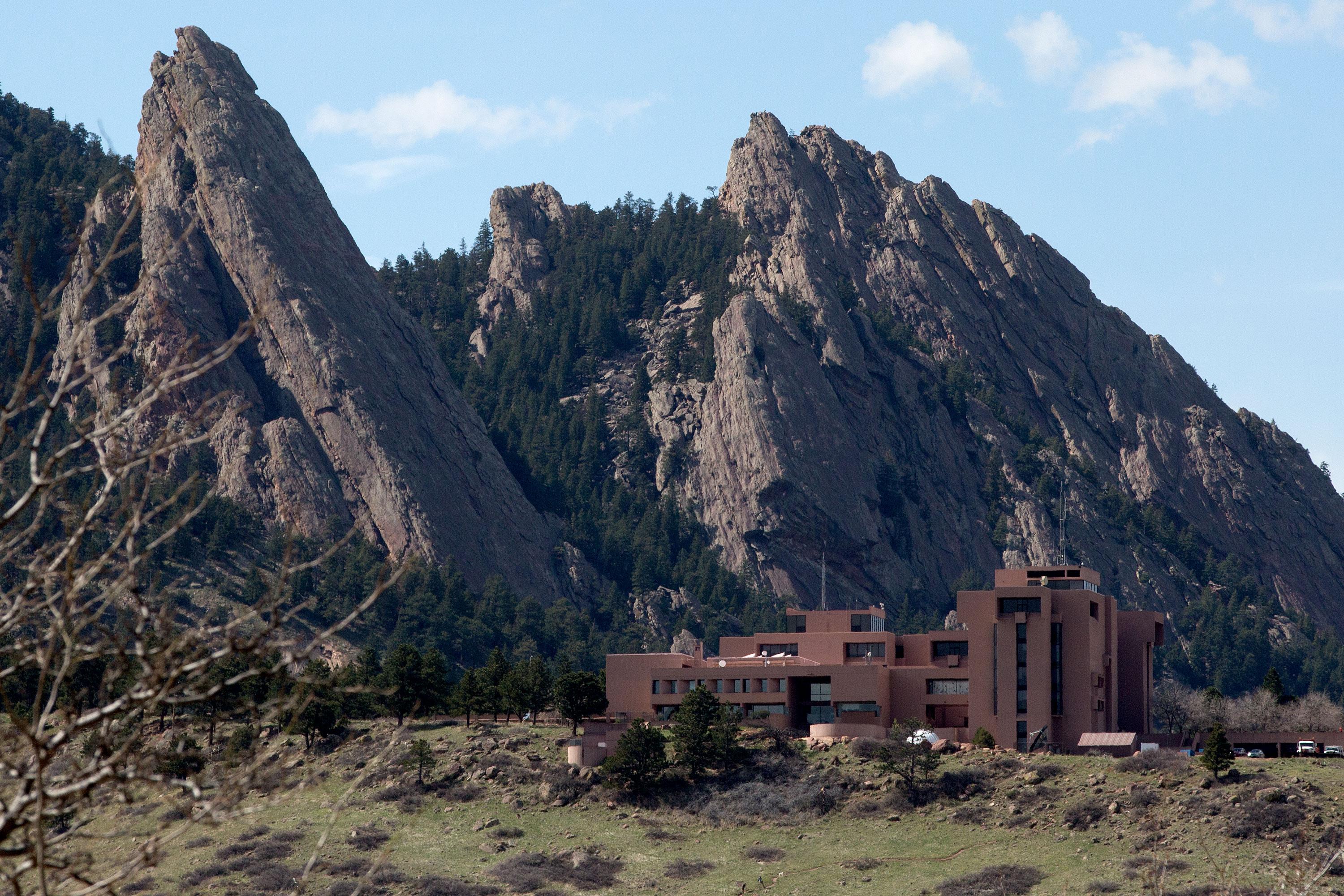
The city of Boulder is considering a new tax that could raise up to $8 million for climate resiliency projects, putting greater responsibility on local businesses and the city’s largest emitters of harmful greenhouse gasses.
The tax would replace two similar taxes collected through utility bills, including one that was first adopted in 2006 and is set to expire next year. If the Boulder City Council approves the measure next month, the proposal would then go to voters as a ballot question in November.
The existing taxes — the Climate Action Plan Tax and the Utility Occupation Tax — have been renewed multiple times by voters, said Jonathan Koehn, the acting director for Boulder’s Climate Initiatives Department.
A new and revised tax would collect revenue for projects that would help the city address present-day challenges posed by a warming climate, Koehn said. That includes improving the city’s protection against wildfires like the Marshall fire, which destroyed more than 1,000 homes and businesses in Boulder County in December 2021.
“It's clear that both the original climate action measures and the funding strategies that we put in place to work on climate change are now insufficient to address the scale and accelerating intensity of climate change that we have to face,” Koehn said.
Like the existing climate tax programs, the new proposal “effectively acts as a local sales tax on energy” calculated from utility bills, Koehn said. The new measure would tax both electricity and natural gas usage as the city looks to reduce emissions from the power and transportation sector.
The city council will consider different configurations of the new tax proposal, which could generate $5 million to $8 million annually. The high end of that range would be double the revenue generated by the current taxes, city records show. Koehn’s department is recommending a proposal that would collect $6.5 million a year, he said.
The proposal shifts more of the tax burden away from residents and onto commercial and industrial businesses, records show. There would also be exemptions or rebates offered to low-income residents enrolled in energy assistance programs.
Revenue collected by the tax would be used for programs to make buildings more energy efficient and move them away from natural gas, fund energy storage and microgrid projects and install more public electric vehicle charging stations, according to the proposal. It would also fund projects that would reduce wildfire risk in the city’s open spaces and transitional zones between developed areas and wilderness, known as the wildland-urban interface, which is especially risky for wildfires.
In a survey of nearly 1,200 people conducted by the city earlier this year, more than 70 percent of respondents said they would vote to approve a new climate tax that collected $5 million. The city launched a new survey this week to gather feedback from local businesses.
Council members unanimously supported the climate tax proposal at a meeting in February.
“I think it’ll be important to both qualify and quantify the work that the city will be doing with these increased revenues,” Mayor Aaron Brockett said during the February meeting. “In going to the community to ask for additional money, I think it will be important to be pretty clear about what we’ll get from these additional funds.”
The council will discuss the proposal again at a meeting on July 21 and schedule a public hearing about the tax in August, Koehn said. The council would then approve the specific ballot language, including the total amount collected through the tax.









